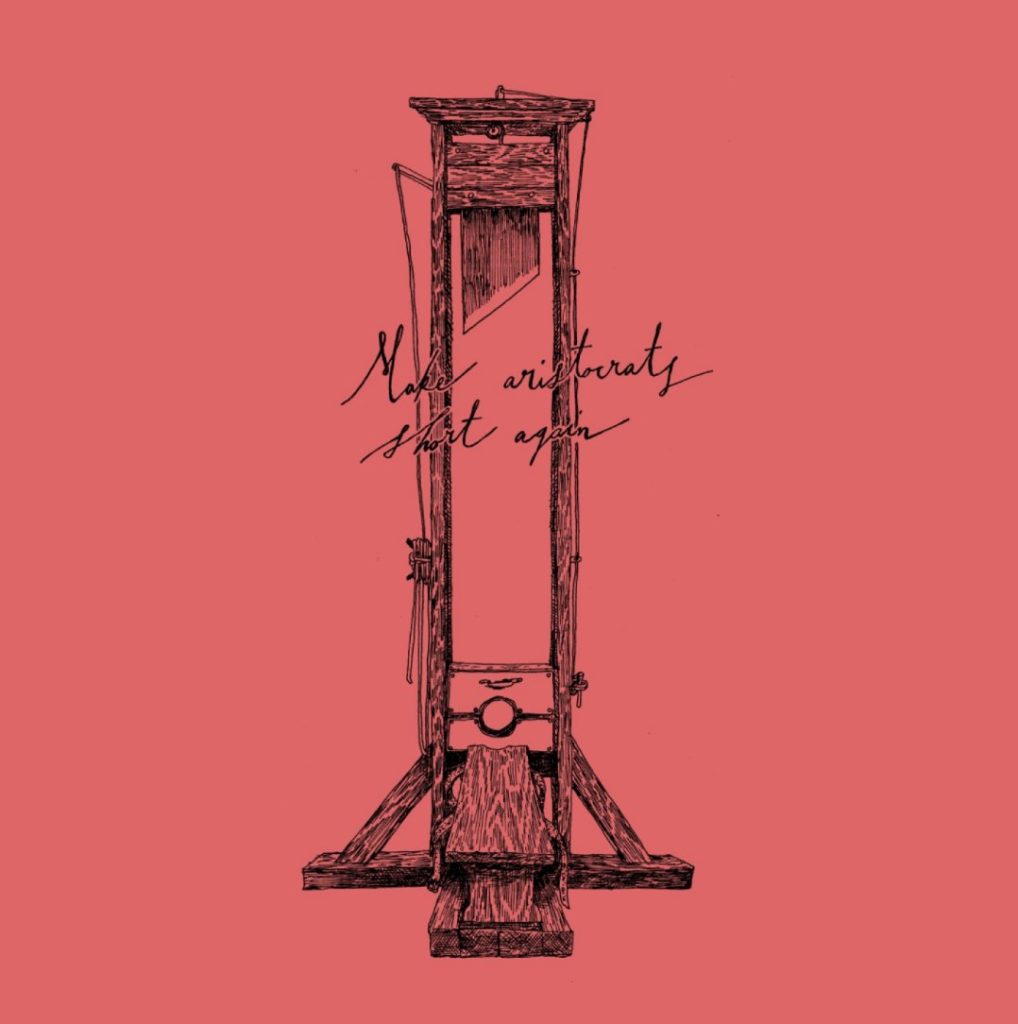The Dream Machine: ‘Superman: The Movie’ (1978)
Where to watch: Rent it on iTunes, Amazon or YouTube
The machinery of the modern-day blockbuster — kick-started by Steven Spielberg’s “Jaws” and thrown into high gear by George Lucas’s “Star Wars” — never operated in a more chaotic, or mercenary, fashion than it did in this big-budget work of art-by-committee. There was its small army of screenwriters, credited and uncredited (including the author of “Godfather,” Mario Puzo); the decision to shoot the film and its sequel simultaneously in order to increase the return on investment; the fortune thrown at Marlon Brando for just a few minutes of screen time as Superman’s Kryptonian father; the conflicts between director Richard Donner and his producers that led to his ouster before the sequel was completed (Richard Lester stepped in): All in all, the process was as industrial as building a car.
But all that fades away the moment the movie begins. The visual effects, most notably the Zoptic front-projection system that made Superman’s flight convincing, won an Oscar. The star-studded supporting cast, with Margot Kidder as a vivacious Lois Lane, Brando as Jor-El and Gene Hackman as Lex Luthor, gave the thing gravitas. Finally, there’s Superman himself: Christopher Reeve, in a performance so effortlessly charming yet rooted in thoughtful physicality, it forever associated him with the role. His instantaneous change in posture and expression when he switches between Superman and Clark Kent remains a wonder to behold.
The Reaganomicon: ‘RoboCop’ (1987)
Where to watch: Stream it on DirecTV Now or IFC; rent it from iTunes, Amazon or YouTube
Despite the success of “Superman” and its even better sequel, “Superman II,” the standard superhero seemed a little superfluous in the 1980s. With President Ronald Reagan telling tales of good versus evil straight out of a comic book, and action stars like Arnold Schwarzenegger and Bruce Willis sculpting their physiques to cartoon-worthy levels, who needed spandex?
Enter “RoboCop,” the sci-fi satirist Paul Verhoeven’s biting black comedy in ultraviolent action-hero drag. In a dystopian future where hospitals are driven by profit and police departments use military-grade weaponry — imagine all that! — a badly-wounded rookie cop (played by the unlikely action star Peter Weller) is fitted by a creepy corporation with cybernetic enhancements that increase his lethality but wipe out his memory. The story of a super-cop literally fighting against his own programming in order to reclaim his humanity — in a city being stripped for parts by the superrich — is as poignant now as it was in Reagan’s America.
Blockbuster Begins: ‘Batman’ (1989)
Where to watch: Rent it on iTunes, Amazon or YouTube
Almost as soon as the TV show “Batman” went off the air, darker material began to ferment in the comic-book depictions of the Caped Crusader and his peers. “Batman” was the blockbuster that brought this grimmer vision roaring into multiplexes and the mainstream consciousness. Directed with confident neo-noir style by Tim Burton, the movie pivoted off works like the cartoonist Frank Miller’s “The Dark Knight Returns” and employed an array of talent — the composer Danny Elfman; the production designer Anton Furst; and Michael Keaton and Jack Nicholson as Batman and his psychopathic nemesis, the Joker — working at or near their career peaks.
While “Batman” remains one of the genre’s best films (the best, if you want my opinion), its industry innovations sometimes overshadow its aesthetic excellence. The movie’s PG-13 rating became standard for tent-pole movies, while its record-breaking box office enshrined opening-weekend revenue as a key measurement of a film’s success. “Batman” was an inescapable last gasp of Big ’80s monoculture; that summer, the bat symbol was nearly as ubiquitous as Coca-Cola.


